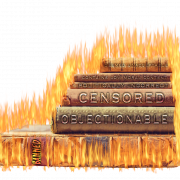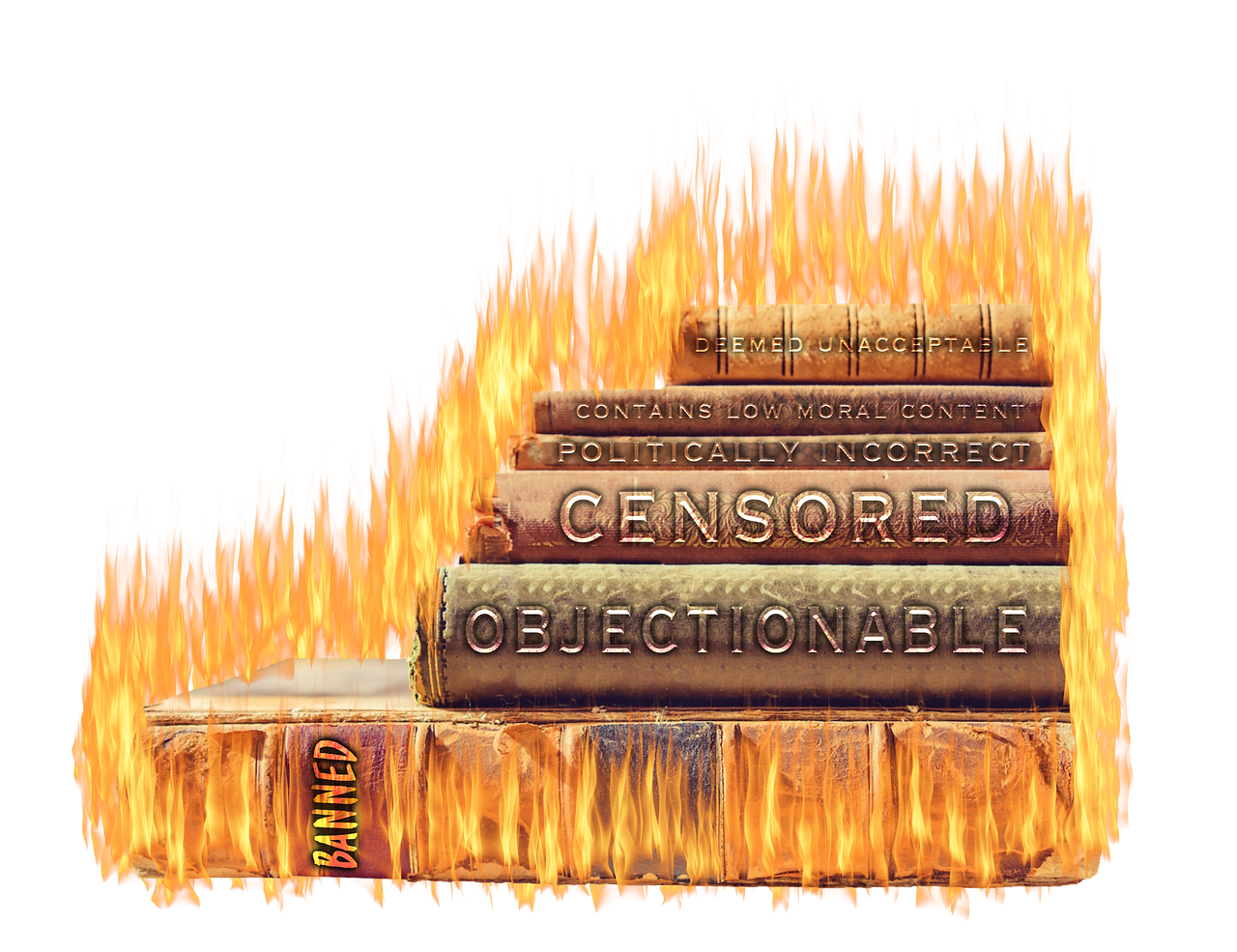
Hint: It applies to something even bigger than social media.
For many people, the First Amendment (and for some, the Second Amendment) is the face of the Constitution.
Many people asked if, or accused, social media sites of violating President Trump’s First Amendment rights after they banned him following the riot and break-in at the U.S. Capitol. After all, Trump has just as much a right to post on these sites, doesn’t he? The First Amendment guarantees it, right? Twitter, Facebook, YouTube and all these sites are practicing illegal censorship, right?
Wrong. The First Amendment doesn’t affect companies or even people as long as content doesn’t violate U.S. laws. That means media companies (or really, any entity that has a communications arm) can’t knowingly publish or broadcast content which:
- It knows is untrue
- Presents a “clear and present danger” to public safety
- Breaks laws meant to prevent specific criminal acts like child abuse or child pornography
- Abuses the personal rights of individuals or groups through unlawful discrimination
The First Amendment Only Targets the Government
Only governments have to obey the First Amendment when it comes to freedom of speech and the press. It was written to keep governments from censoring or trying to control what’s reported in the press. At the time, this meant newspapers, leaflets, and books.
Even though most social media companies are public companies and provide a useful service, they are not required to follow the First Amendment. What they must do is clearly state their expectations and apply them evenly to everyone who uses their platforms.
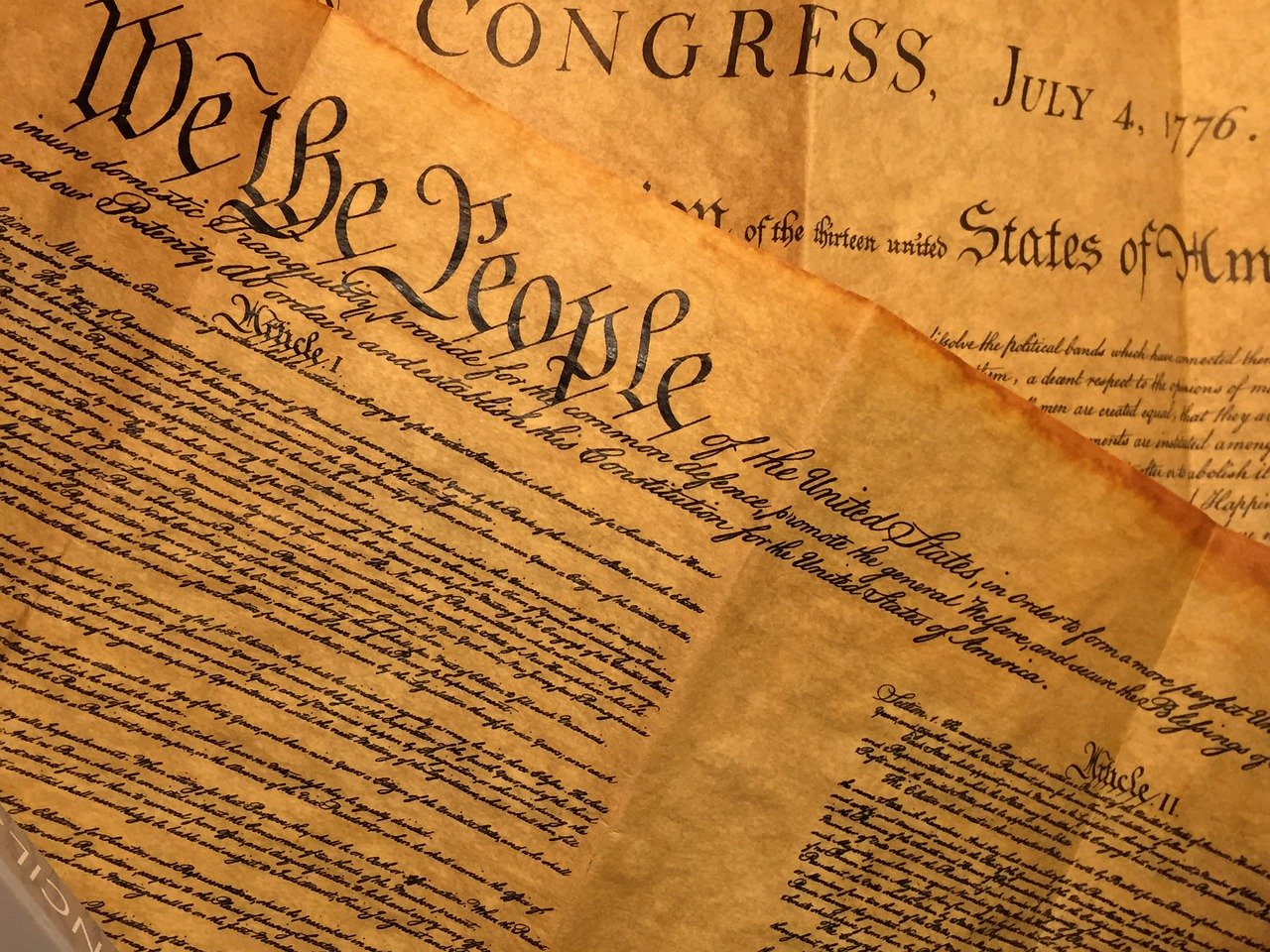
Like it or not, Twitter and other social media platforms can suspend or ban users who violate the terms of agreement they checked off when they joined. Because of their oversize impact, social media companies have historically tolerated a wide range of content and used penalties like warnings for violators before taking more drastic steps.
As long as they treat everyone the same, they are acting perfectly legally if someone breaks a rule and gets the same treatment used in similar cases.
Being Nice Is not The Press’ Role
The media doesn’t exist to be nice to Presidents or anyone else, with the exception of children and young animals. The Founders understood this pretty well.
Different parts of press played a huge role to drum up support or oppose the events that led to the American Revolution. Many of our Founding Politicians themselves contributed to newspapers that supported their brand of politics, before and after the Revolution. These editorials or pamphlets were usually anonymous or printed under pen names like Caesar (Alexander Hamilton) and Senex, thought to be Patrick Henry.
Thomas Paine’s pro-U.S. pamphlet Common Sense was pretty radical even in 1776. It didn’t just object to the way Great Britain controlled the colonies. It challenged the whether a king should rule at all. Here’s a popular Common Sense soundbite:
“The folly of the hereditary rights on kings.”
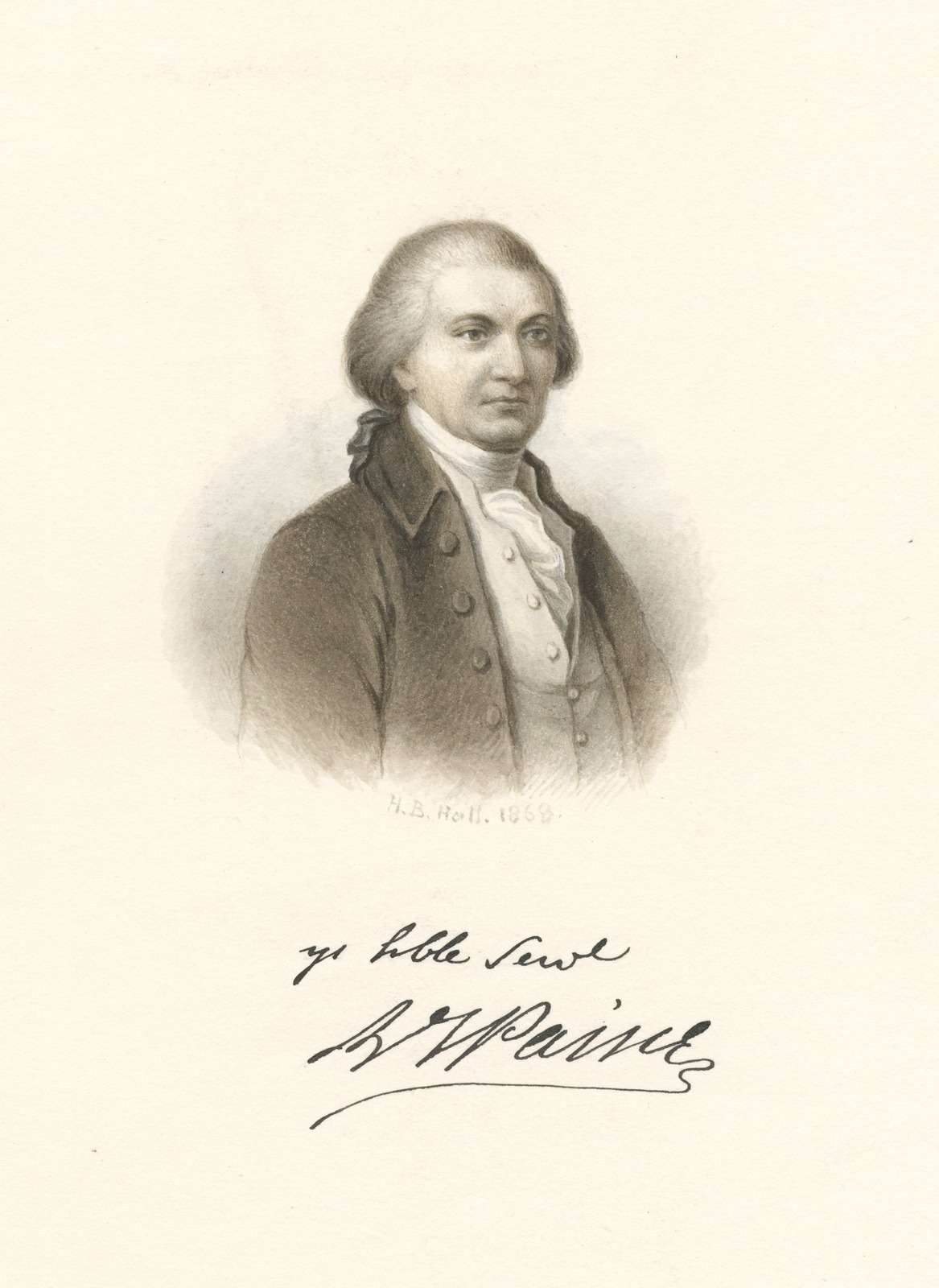
I think it’s interesting the British didn’t take colonial media seriously. They were more focussed on collecting taxes to pay for expensive wars like the French and Indian War and to limit the colonies’ economic development.
After the war the press targeted those same Founders, even those they previously lionized. Most of the people now in authority didn’t take it well. President Washington was furious when the press mocked or made fun of his aristocratic manners. He certainly wasn’t amused by Paine’s scathing attacks on him:
“Treacherous in private friendship and a hypocrite in public life…the world will be puzzled to decide whether you are an apostate or an impostor; whether you have abandoned good principles, or whether you ever had any.” — Thomas Paine, on President Washington
Back in the day when Washington was leading the American Revolution, Paine only had great things to say about him. So why the vitriol later on when he was President? Well, Paine had gone to France to support its revolution and ended up being thrown in prison for crimes against the country. Washington didn’t want anything to do with the French Revolution and didn’t use any diplomacy to free Paine, which Paine understandably resented.
Thomas Jefferson once described how Washington absolutely lost it during a Cabinet meeting where someone brought a satirical news story about his supposed execution. Years later when he was President, Jefferson endured his share of insults in the press. People often read that he cared more about France than the U.S. There were persistent rumors the papers printed (later found to be true) that he had children with a slave.
Jefferson wasn’t happy about this. “I deplore… the putrid state into which our newspapers have passed,” he later wrote to a friend, “and the malignity, the vulgarity, and mendacious spirit of those who write for them.”
“I deplore… the putrid state into which our newspapers have passed.” – Thomas Jefferson
The Founders Would Have Tolerated Social Media, Too
Social media became another form of the press, even if its creators were in denial over this until recently. And like any media, our Founding Politicians would try to work with it or deplore it as rubbish.
But the Founders wouldn’t expect social media to follow the First Amendment because in this country, the press does not provide a government function or service.
I’d even bet some of our Founders would love tweeting. Who knows, maybe @TheRealAlexHamilton would quote song lyrics along with economic policy.
As Vice President, John Adams would at least have someone listening to him since he was rarely invited to Washington’s Cabinet meetings (apparently, he didn’t just show up like Mike Pence). I can imagine he’d tweet something like “my country has contrived for me the most insignificant office.”
The best would come from @TheRealBenjFranklin. Just imagine the retweets he’d get from these early sound bite gems:
- “Three may keep a secret, if two of them are dead”
- “You may delay, but time will not”
- “We are all born ignorant, but one must work hard to remain stupid.”
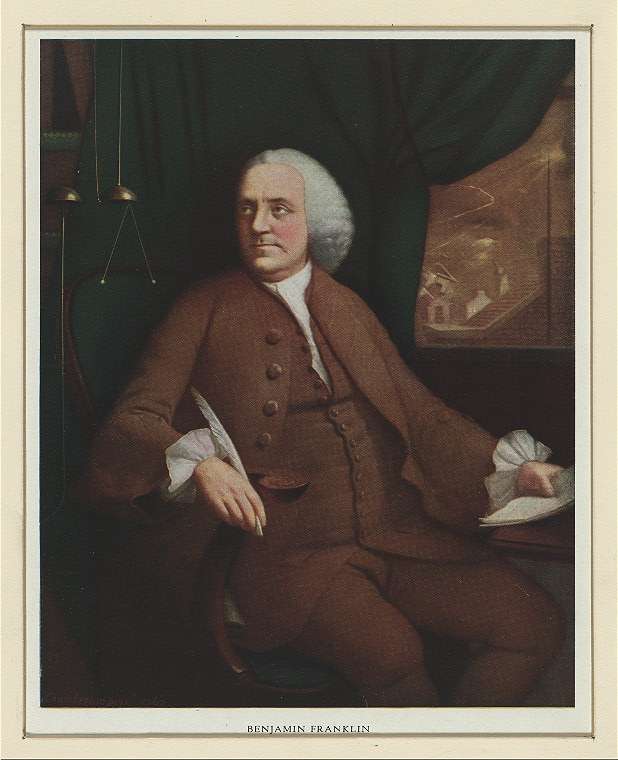
I’m wonder if anyone has claimed his Twitter handle…


